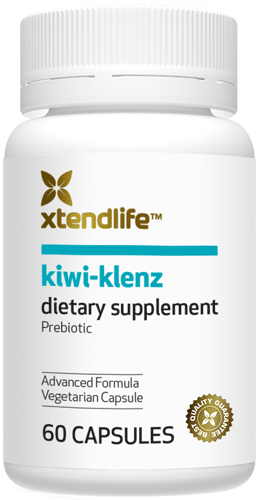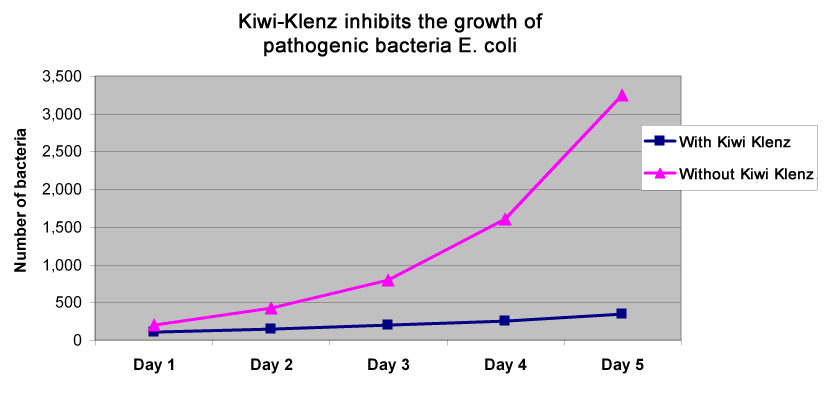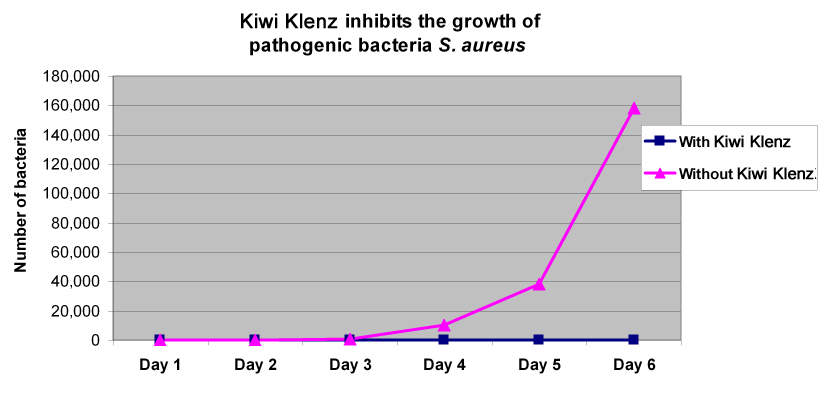You’ve probably heard of probiotics. After all, the concept is well established. On the other hand, prebiotics is a relatively new term that’s still being explored. Naturally, quite a bit of debate over prebiotics vs probiotics has arisen. The big question is, which is better for your natural digestive health?
First of all, let’s take a look at the difference between the two and how they work.
- Probiotic supplements contain live active good bacteria, usually lactobacillus acidophilus. Ingesting them adds additional good bacteria to the intestine.
- Prebiotics are types of non digestible foods, typically carbohydrates, that feed the good bacteria in the intestine. This helps them grow and/or be more active.
Why Change the Bacteria in the Intestine?
You may be wondering why it’s necessary to manipulate the flora “down there”.
Simply put, the bacteria in the intestine often gets out of balance.
The human large intestine is a surprisingly complex environment, and its made up of hundreds of species of bacteria. Each has either harmful or beneficial effects on the body. The flora in a healthy colon should consist of around 85% lactobacilli and other “good bacteria”, and 15% coliform bacteria (the type found in feces, such as E. coli, and which cause gastrointestinal upsets).
Typical colon bacteria these days is often the reverse. This results in gas, bloating constipation, diarrhea, malabsorption of nutrients, and an overgrowth of candida. Uncomfortable stuff to say the least!
Why Prebiotics Have the Edge Over Probiotics
The reality is that there are no foods that are naturally probiotic. They are all fermented and man-made. If fermented foods and probiotic supplements aren’t properly prepared, they can be ineffective and even dangerous. This article is an informative one about the need to use probiotics with care.
Another problem with probiotics is that the good bacteria needs to be alive to be beneficial. This means that first of all, the supplement must be properly stored, and ideally kept chilled. Then it has to survive the transit through the gastrointestinal tract and get established and in the intestine.
There are a number of physical and chemical barriers in the gastrointestinal tract, including gastric acid and bile acids, that may stop the good bacteria reaching the colon. Then, when it does get there, it may be in a stressed state due to the adverse conditions it encountered on the way. This will have a negative impact on its chances of survival.
What’s more, those bacteria that do make it to the colon and survive will need to compete with the already established bacteria for nutrients and a place to live.
Therefore, adding a bacteria from outside the body is limited and may not always work well. Contrast this to feeding the good bacteria that’s already in the intestine with prebiotics, and helping them thrive and multiply.
So, which is the best prebiotic supplement to take?
We highly recommend a remarkable new natural digestive supplement called Kiwi Klenz.
Why Take Kiwi Klenz Over Other Prebiotics
 Do a little reading about what prebiotics actually are and you’ll discover that there are plenty of different foods that have prebiotic effects.
Do a little reading about what prebiotics actually are and you’ll discover that there are plenty of different foods that have prebiotic effects.
However, Kiwi Klenz is more than just a prebiotic. Made from 100% kiwifruit skin and pulp extract, it contains a whole range of other nutrients that can help improve your digestion. In case you didn’t know, the health benefits of kiwifruit for digestion are extensive!
When it comes to balancing the bacteria of the colon, the kiwifruit skin is particularly high in phenolic compounds (particularly flavonoids). Plant phenolics protect the plants from parasites, bacteria, and cell injury. Scientific research has found that plant phenolics also have antimicrobial properties in the human body, and can inhibit the growth of intestinal bacteria. (They’re fantastic antioxidants as well!).
The laboratory results below, which show the impact of Kiwi Klenz on two common types of “bad bacteria”, speak for themselves. The first is E. coli, which can run rampant in the intestine. The second is S. aureus (known more commonly as staph infection), which often breaks out in hospitals and is resistant to traditional treatments.


If you are having some digestive issues, Kiwi Klenz is well worth trying. Only one capsule a day is necessary, making it a convenient and economical solution. In addition, the manufacturer offers a 100% satisfaction guarantee so you don’t have to worry about it not working and your money being wasted.
RESULTS WITHIN 30 DAYS OR A FULL REFUND OF YOUR MONEY!
“I have had a 13-year-long intestinal bad bacterial overgrowth, which made eating carbohydrates of any type next to impossible—the results would be severe joint pain and head pain. I was already taking massive doses of PRO-biotics, which did create a baseline of safety, but nothing more.
I’ve been taking Kiwi Klenz now for over 2 months—6 capsules per day, 2 after each meal. I can now eat fruit, grains, and even some sugar— all foods that I could not eat at all before Kiwi Klenz. Kiwi Klenz did not 100% eradicate the bad bacteria, but because Kiwi Klenz is a fabulous PRE-biotic, it enabled the GOOD bacteria to proliferate and compete with the BAD. The BAD is not completely gone, but its power is vastly diminished”. –Bernice, USA.
Find out what other customers have to say about Kiwi Klenz in these customer comments.



